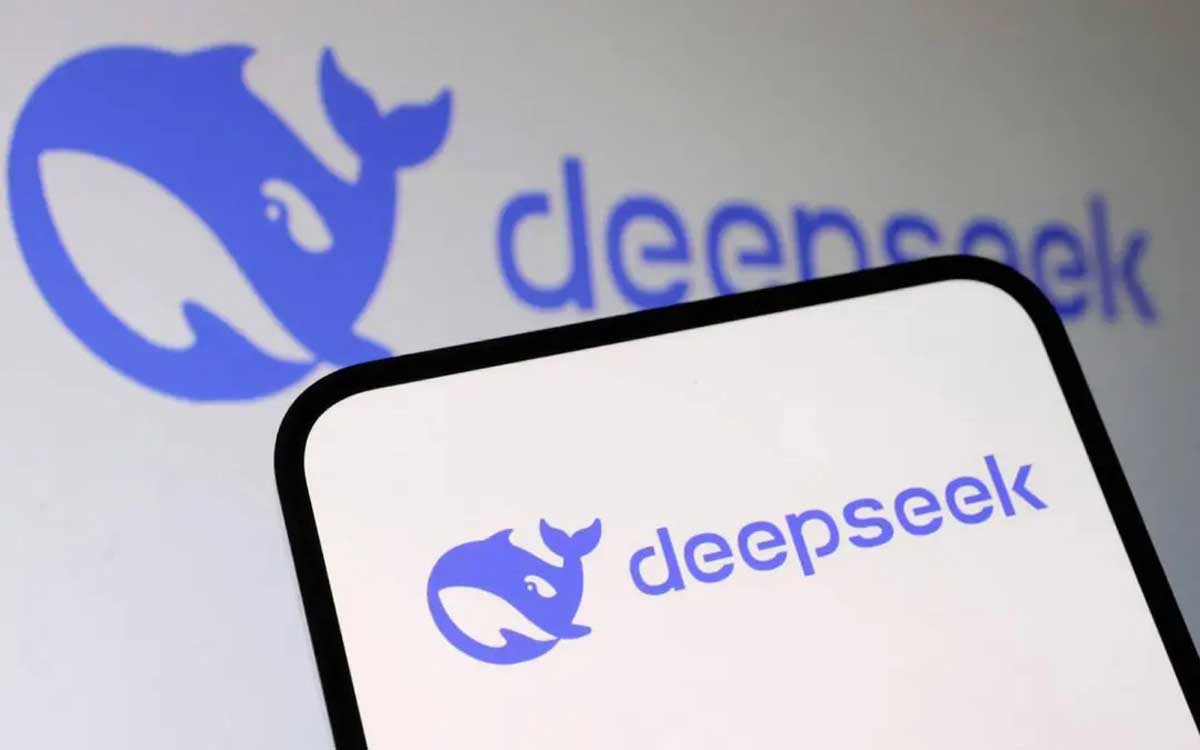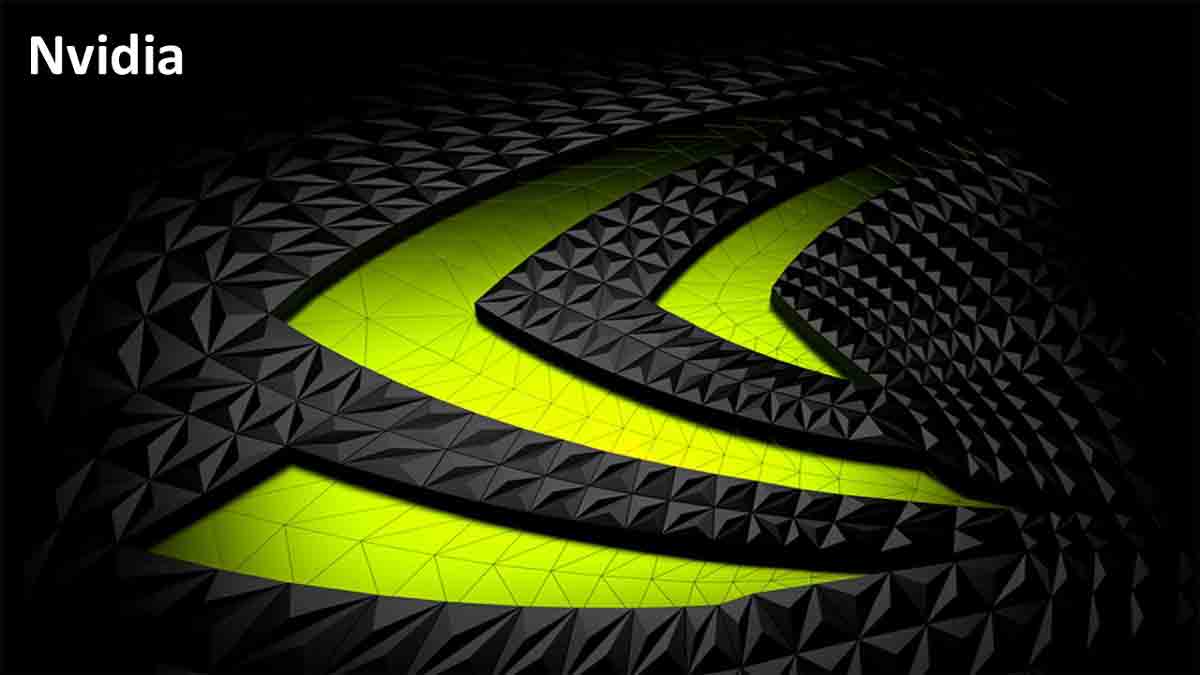Nvidia Shares Drop as Chinese AI App DeepSeek AI Shakes Markets

The sudden rise of a Chinese artificial intelligence (AI) app, DeepSeek, has sent shockwaves through global markets. It usually causes significant losses for US tech giant Nvidia and other AI-related firms. Nvidia, a leading AI chipmaker, saw its shares plummet by over 16% on Monday, while other tech companies like Microsoft and Google also experienced declines.
DeepSeek, a Chinese AI chatbot, launched last week and quickly became the most downloaded free app in the US. What makes DeepSeek particularly disruptive is its reportedly low development cost compared to its rivals. The app is powered by the open-source DeepSeek-V3 model, which its creators claim was trained for just $6 million – a fraction of the billions spent by competitors like OpenAI.
This cost efficiency has raised concerns among investors about the future of US dominance in AI and the viability of massive investments in AI infrastructure. Last week, OpenAI and other firms pledged $500 billion to build AI infrastructure in the US, a project hailed by former President Donald Trump as the largest of its kind in history. However, DeepSeek’s emergence challenges this narrative, as it demonstrates that high-performing AI models can be developed at a much lower cost.
Why Did DeepSeek Cause a Market Panic?
DeepSeek’s success highlights a potential shift in the AI landscape. Chinese developers, facing restrictions on advanced chip imports from the US, have turned to innovative approaches, such as sharing resources and experimenting with new techniques. This has led to AI models that require less computing power and are significantly cheaper to produce.
DeepSeek’s performance has reportedly matched that of OpenAI’s latest models in tasks like math, coding, and natural language reasoning. This has led some, like Silicon Valley venture capitalist Marc Andreessen, to compare DeepSeek’s rise to the “Sputnik moment” of AI—a reference to the Soviet Union’s 1957 satellite launch that caught the US off guard.
The app’s sudden popularity has rattled investors, causing sharp declines in tech stocks. In addition to Nvidia’s 16.9% drop, Broadcom fell by 17.4%, Microsoft by 2.14%, and Alphabet (Google’s parent company) by over 4%. European markets were also affected, with Dutch chipmaker ASML dropping more than 7% and Siemens Energy plunging by 20%.
Challenges for DeepSeek and Chinese AI
Despite its rapid rise, DeepSeek faces challenges. On Monday, the company announced it was temporarily limiting new registrations due to “large-scale malicious attacks” on its software. Additionally, while DeepSeek’s low-cost model has disrupted the market, analysts caution that Chinese firms may struggle to maintain their momentum in a restrictive environment.
Citi analysts noted that US companies still have an advantage due to their access to more advanced chips, which are restricted from export to China. However, DeepSeek’s success suggests that Chinese developers are finding ways to work around these limitations, potentially reshaping the global AI industry.
Who Created DeepSeek?
DeepSeek was founded in 2023 by Liang Wenfeng, a 40-year-old information and electronic engineering graduate based in Hangzhou, China. Liang, who also founded a hedge fund that backed DeepSeek, reportedly amassed a stockpile of Nvidia A100 chips before they were banned from export to China. By combining these high-end chips with cheaper, lower-end alternatives, Liang could develop DeepSeek at a fraction of the cost of its competitors.
In a recent interview, Liang expressed surprise at the market’s reaction to DeepSeek’s pricing, stating that the company was simply following its cost calculations.
What’s Next for AI?
DeepSeek’s rise underscores the growing competition in the AI sector and the potential for low-cost models to disrupt the market. While US companies still hold a technological edge, the success of Chinese AI tools like DeepSeek suggests that the global AI race is far from over. As the industry evolves, the balance of power could shift, with significant implications for investors, developers, and policymakers worldwide.




